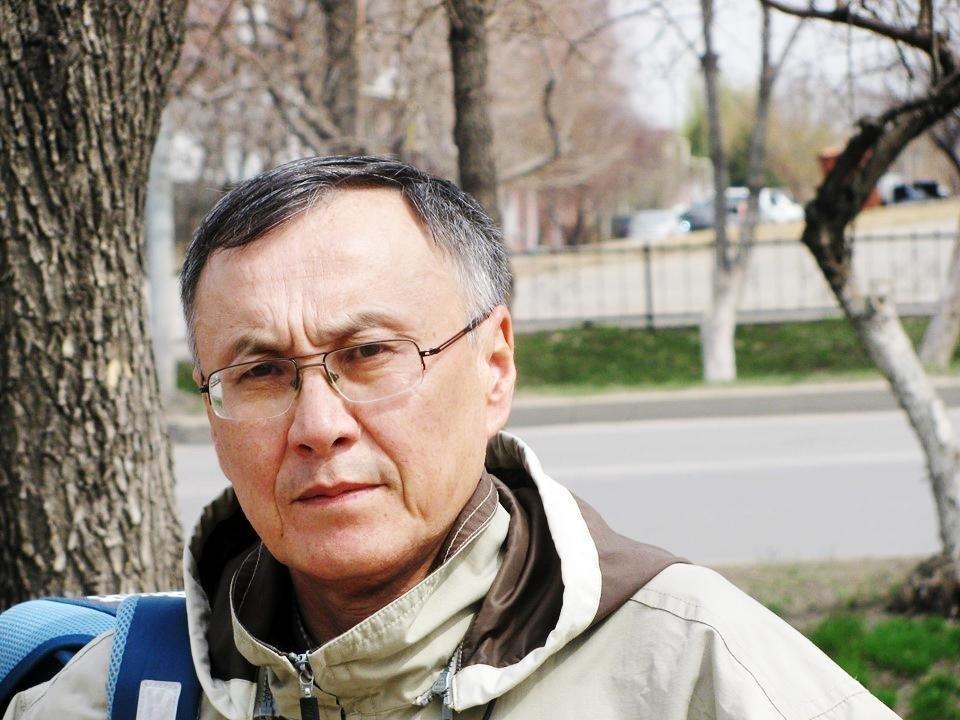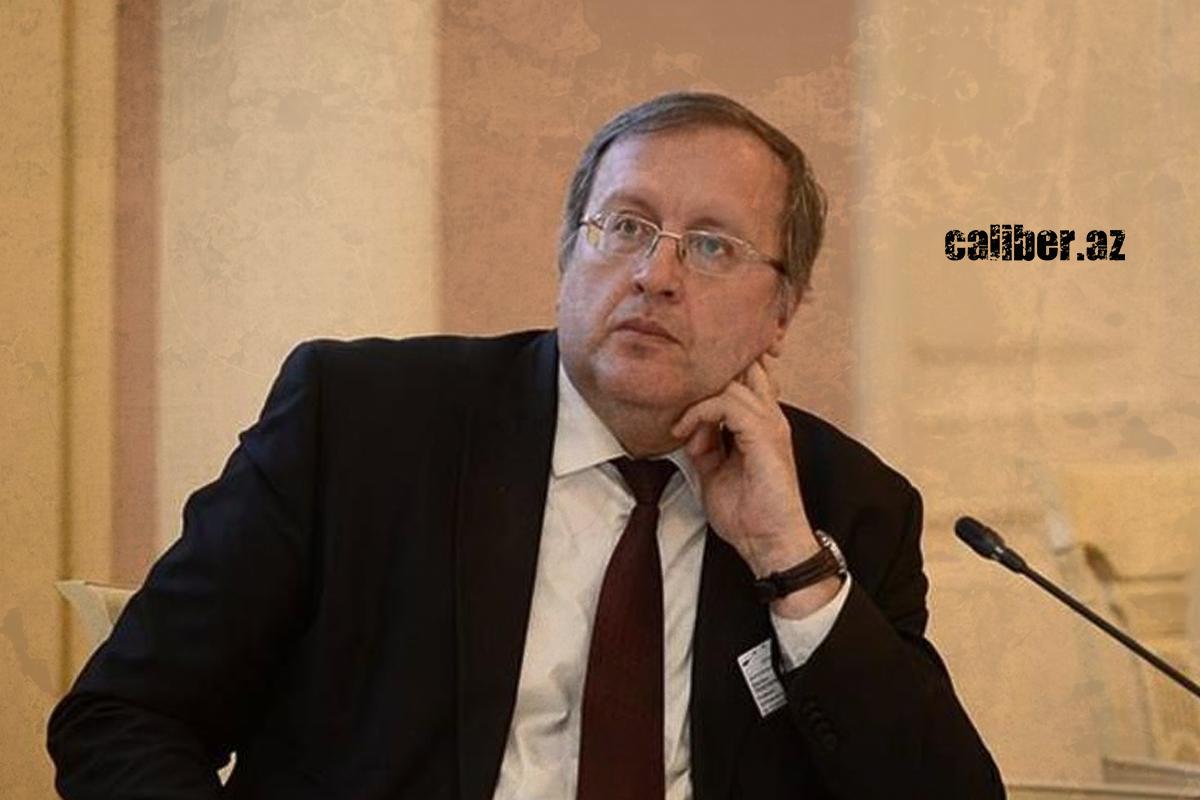Armenia's no-show: Will its absence from CSTO drills go unnoticed? Experts break down Yerevan's westward strategy
Representatives of Armenia will not attend the CSTO Cobalt-2024 exercise led by Rosgvardia, which will be held from August 14 to 16 in Novosibirsk, according to a TASS report from the Rosgvardia press service.
"On August 14, 2024, under the leadership of the Federal Service of the Russian National Guard Troops in the Novosibirsk region on the basis of the training centre of the department will be held the grand opening of special exercises with the management bodies and formations of special purpose forces of the CSTO Collective Rapid Reaction Force 'Cobalt-2024'. The exercise will be completed on August 16," the information says. The exercise, featuring special forces of the CSTO Collective Rapid Reaction Force, will include representatives from Russia, Belarus, Kazakhstan, Tajikistan, and Kyrgyzstan, but not Armenia.
Additionally, Armenia has notified the CSTO that it will also skip the CSTO command-staff exercise "Interaction - 2024," taking place in Kyrgyzstan from September 3 to 15. The CSTO press service confirmed Armenia's decision not to participate.
This decision raises questions about Armenia's commitment to the CSTO and whether this signals a broader shift in its stance toward the military bloc. In a conversation with Caliber.Az, experts from CSTO member states are discussing whether this reflects Armenia's hesitation to leave the bloc or if it highlights internal concerns among CSTO leaders about potential disintegration within the alliance.

Kazakh political analyst and international affairs expert Kazbek Beisebayev observed that Armenia's recent refusal to participate in CSTO events reflects a broader trend of diminishing engagement with the alliance.
Beisebayev remarked that Armenia’s decision to skip the exercises in Novosibirsk and Kyrgyzstan was anticipated given the recent cooling of relations between Moscow and Yerevan. He noted that Armenia has increasingly shifted its focus toward Western alliances, which has not been well-received by Russia, a key player in the CSTO.
Despite these tensions, Beisebayev does not foresee Armenia's absence significantly impacting CSTO operations. He likened the situation to a famous Soviet song lyric about a squad not noticing the loss of a member, suggesting that the CSTO will likely continue its activities, including joint exercises and other operations, as scheduled without major disruption due to Armenia’s non-participation.

Stanislav Tkachenko, Doctor of Economics and Professor at St. Petersburg State University highlighted that Armenia’s relationship with Russia has been deteriorating over the past six months.
"The current Armenian leadership is actively trying to assign blame for Yerevan's setbacks during the 2020-2023 Karabakh events to Russia, the leader of the CSTO. These efforts appear to be having an impact, as public opinion in Armenia largely does not hold Prime Minister Nikol Pashinyan and his administration responsible for the failures in Karabakh. Anti-Russian sentiments are relatively unpopular in the country as a whole, but Russophobia and blind faith that 'foreign countries will help us' are becoming more and more evident as a pass to the leading offices in Yerevan. At the same time, the foreign country is understood as the United States and the EU countries as a whole, as well as some European countries (France)," he said.
Tkachenko also pointed out that Armenia's decision to abstain from participating in CSTO events this summer and fall is consistent with its recent behaviour.
"Over the past year, Yerevan has increasingly distanced itself from the CSTO, a key military alliance established in the post-Soviet space in 1992 and formally organized in 2002. The current Armenian leadership seems to be pursuing a strategy of gradually extricating Armenia from the CSTO while retaining its membership in the Eurasian Economic Union (EAEU) and strengthening trade and investment relations with Russia. Despite this, Russia remains Armenia's primary economic partner, and the Armenian economy's significant growth from 2022 to 2024 is largely attributed to access to the Russian market," the expert noted.
"The Russian Federation has shown considerable diplomatic patience, keeping military and economic integration processes separate. However, Russian leadership has frequently emphasized that security, including in the Caucasus, is a top priority. Consequently, both Russia and Armenia are closely monitoring each other's actions. Yerevan is assessing when it might withdraw from the CSTO and forge new security agreements with Brussels and Washington without major repercussions. Meanwhile, Russia is evaluating the point at which Armenia's engagement with its adversaries — who are aiming for Russia's strategic defeat — would necessitate a decisive response. The nature of such actions remains uncertain, with no clear answers from experts as of now," Prof. Tkachenko concluded.








